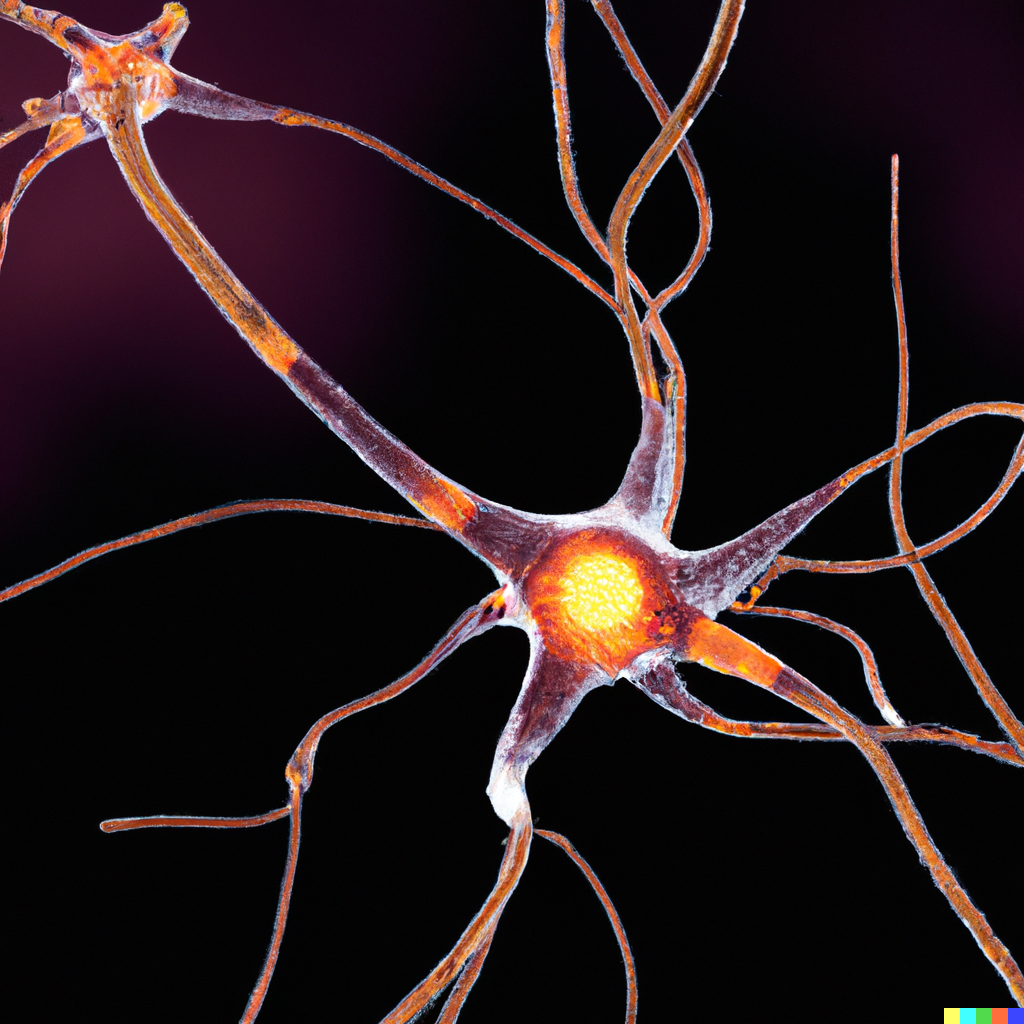Life Expectancy Calculator for Different Types of Dementia

The average life expectancy after getting diagnosed with dementia varies depending on several factors such as the type of dementia, the individual’s overall health, and access to medical care. However, on average, a person with dementia can expect to live for 10 – 12 years after diagnosis, but this varies very significantly depending on the source for life expectancy statistics.
For Alzheimer’s disease specifically, the average life expectancy is around 8-10 years after diagnosis, though this can vary greatly depending on the individual’s health, access to health care, support from their loved ones, family, care givers, state aid available, programs such as senior centers, adult day care, and many other factors. It is important to keep in mind that these are just rough estimates and that every person’s journey with dementia is unique.
Life expectancy is a critical concern for those diagnosed with dementia, including Alzheimer’s disease. The diagnosis of a degenerative condition can be devastating, and the uncertainty of how long a person has left to live can add to the stress. However, with advancements in medical technology and care, it is becoming increasingly possible to predict the average life expectancy of people with dementia. Alzheimer’s life expectancy calculators and dementia life expectancy calculators are tools that can provide a rough estimate of the remaining years of a person’s life based on various factors such as age, overall health, and the stage of the disease.
Alzheimer’s disease is the most common cause of dementia, accounting for 60 to 80 percent of all cases. It is a progressive disorder that affects memory, thinking, and behavior, and it can have a significant impact on a person’s life. On average, a person with Alzheimer’s disease can expect to live approximately 8 to 10 years after diagnosis. However, this is just a rough estimate and can vary greatly depending on the individual’s health and other factors. Alzheimer’s life expectancy calculators take into account these variables to estimate the remaining years of life for a person with Alzheimer’s.
Dementia is a general term used to describe a decline in mental ability severe enough to interfere with daily life. Dementia can be caused by a variety of factors, including Alzheimer’s disease, stroke, and Parkinson’s disease. The life expectancy of someone with dementia will depend on the underlying cause of the condition. For example, a person with dementia caused by a stroke may have a shorter life expectancy than someone with Alzheimer’s disease. Dementia life expectancy calculators consider the cause of dementia in addition to other factors to estimate the remaining years of life.

It’s important to keep in mind that these calculators can only provide a rough estimate, and they are not a guarantee of a person’s remaining life expectancy. Many factors can influence the progression of dementia, including overall health, access to medical care, and lifestyle choices. For example, a healthy diet and regular exercise can help slow the progression of the disease and potentially extend a person’s life expectancy. Additionally, advancements in medical technology and care can also play a significant role in improving life expectancy for those with dementia.
| Type of Dementia | Average Life Expectancy After Diagnosis |
|---|---|
| Alzheimer’s | 8 – 12 years |
| Vascular | 4 – 6 years |
| Lewy Body | 5 – 12 years |
| Frontotemporal | 8 – 10 years |
| Huntington’s | 10 – 20 years |
It is important to note that these are rough averages and that every person’s journey with dementia is unique.
Alzheimer’s life expectancy calculators and dementia life expectancy calculators can provide valuable information for those diagnosed with dementia, including Alzheimer’s disease. While these tools are not a guarantee of a person’s remaining life expectancy, they can provide a rough estimate based on various factors such as age, health, and the stage of the disease. This information can be useful for those with dementia and their loved ones as they plan for the future and make decisions about care and support. Despite the uncertainty that comes with a dementia diagnosis, it is important to remember that every person’s journey is unique and that there is hope for a better quality of life even in the face of a degenerative condition.





